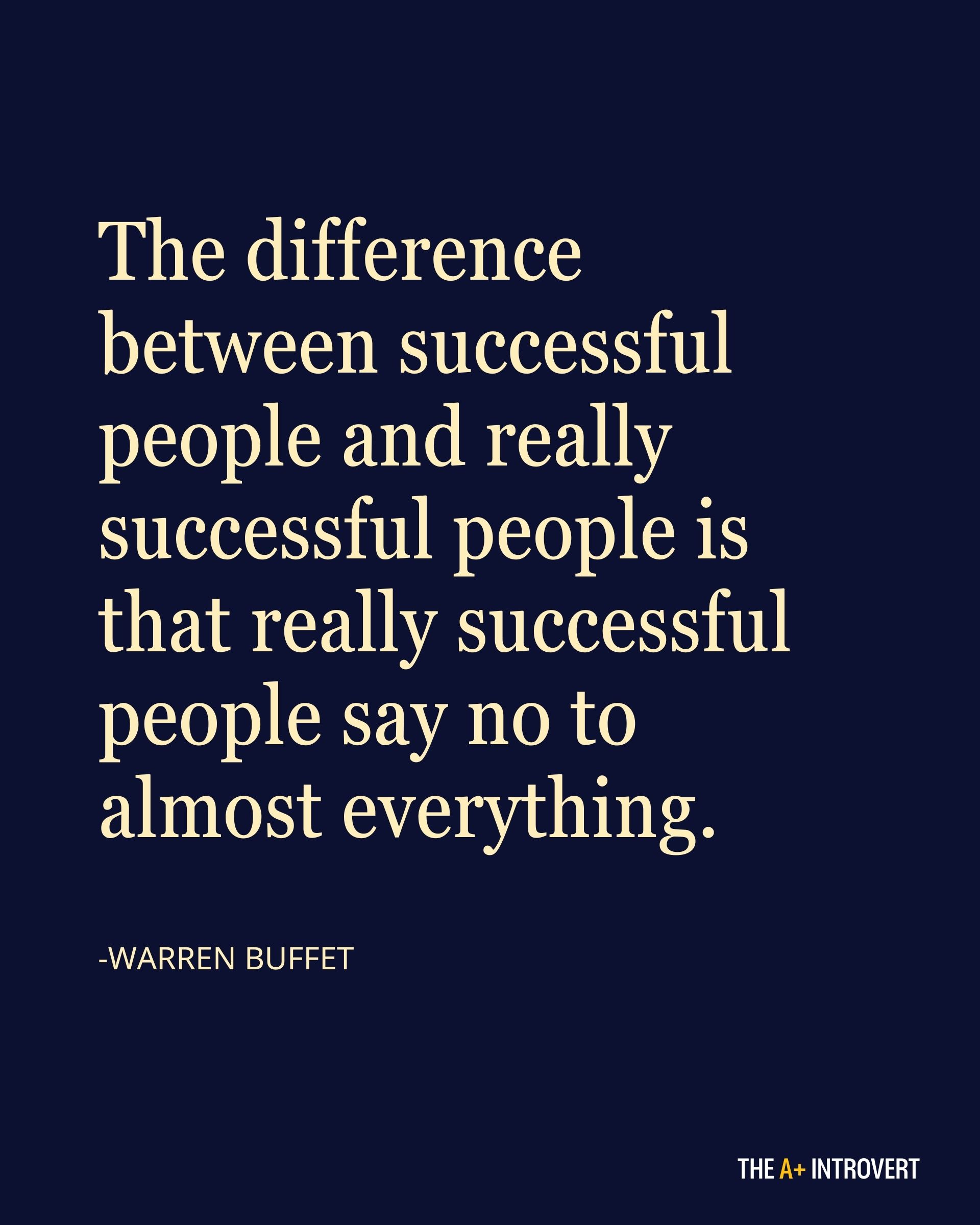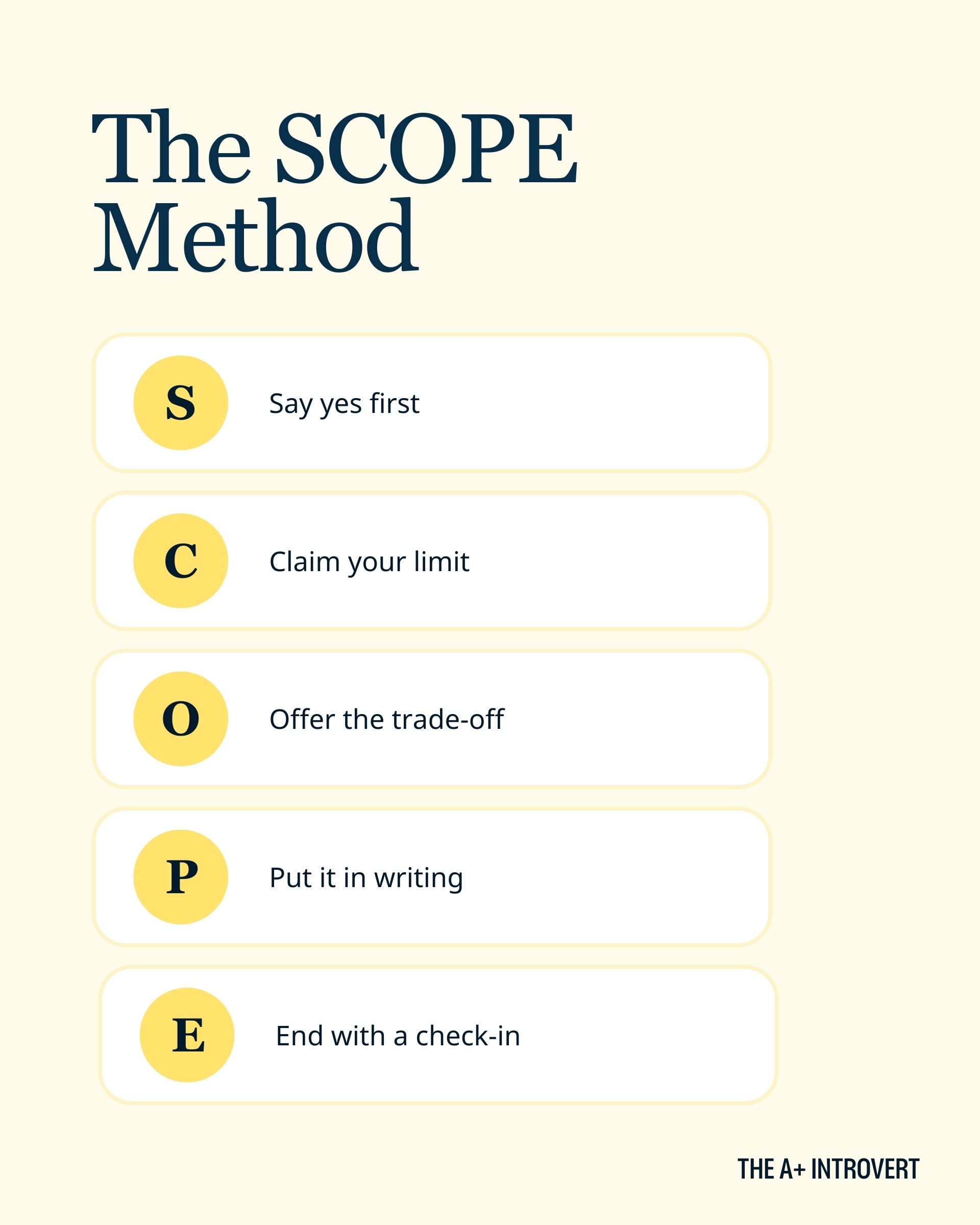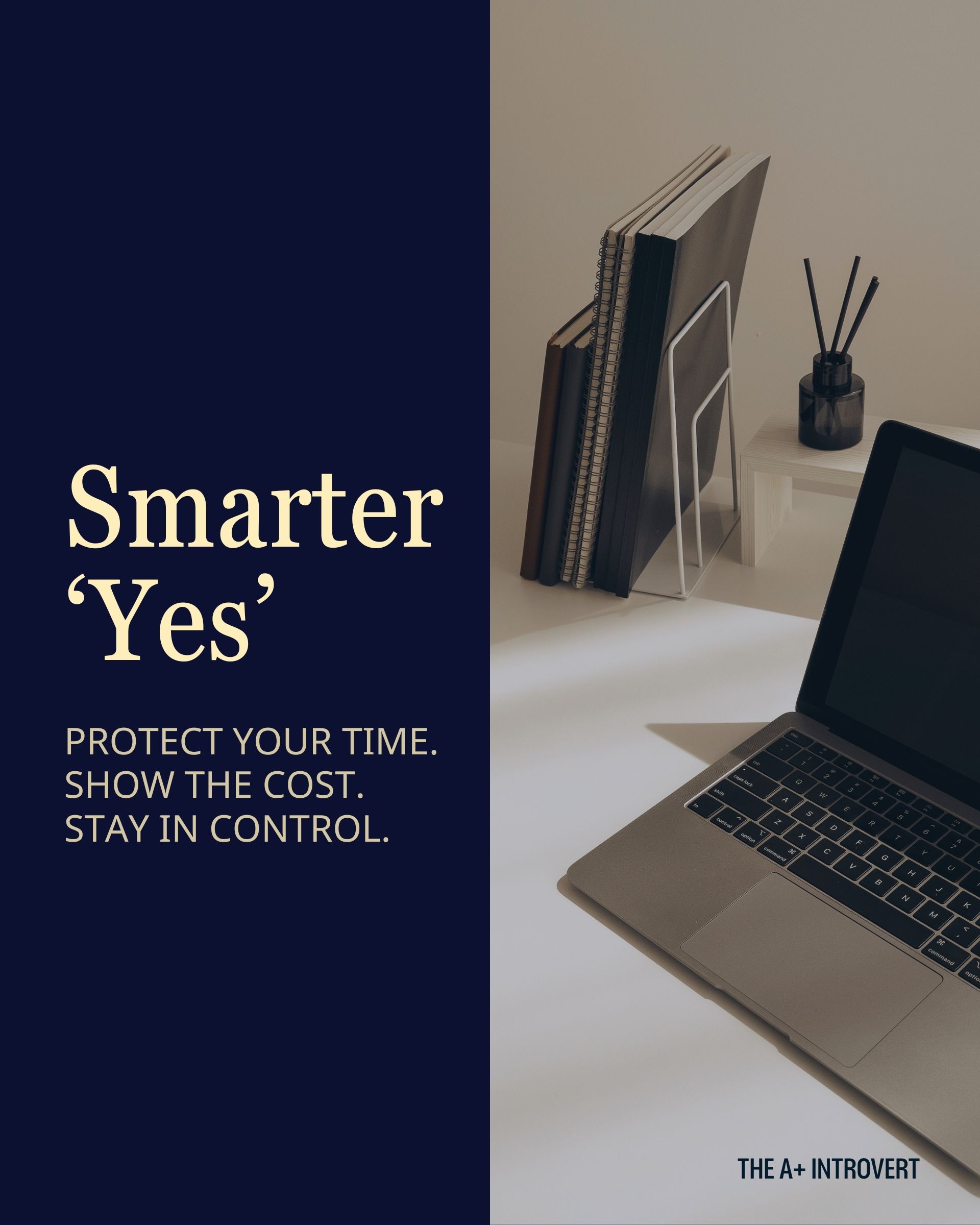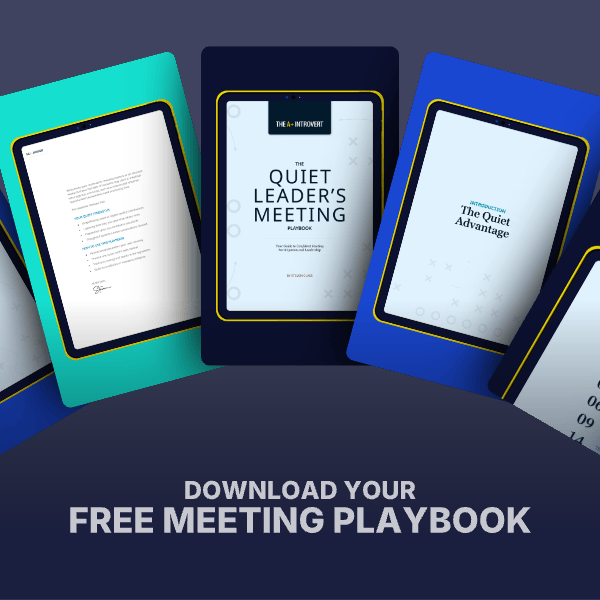🗓️ In Today's Edition
A Self-Management Method for Conditional Yes
What I discovered wasn't just about saying no better.
It was a self-management method that let me stay generous without depleting myself.
The core of effective self management? You set the terms before urgency decides for you.
"Can you take a quick look at this?"
My mouth moved before my brain caught up.
"Sure, happy to help."
Ten minutes later, I was staring at my calendar.
Three client reviews. Two deadlines. One presentation I hadn’t started.
And now this.
The math hit me at 11 PM: four hours of sleep. Maybe.
You know this moment, right?
When your body goes cold.
When you realize you just traded your weekend for being polite.
When you want to unsend that yes but can’t.
Many introverts know this pattern well.
We don’t say yes because we want to.
We say yes because we don’t know how to say “not now” in the moment.
We need time to think. But fast-moving teams rarely wait.
We want to help. But we underestimate what it costs.
We hate disappointing people. So we end up disappointing ourselves.
Then we lie awake replaying it. Planning how we'll fit it in.
Resenting ourselves for saying yes.
A vague yes never protects your relationships. It only postpones the stress.
Then, I tried something different.
Someone asked for a review.
Instead of an automatic yes, I wrote one line on a sticky note:
"Yes, if it fits in 90 minutes and stays at one draft. Otherwise, let's aim for next week."
The first time felt terrifying, like I was being difficult.
They replied, "Ninety minutes, one draft works. Thanks for being clear."
We shipped. Nobody complained. My battery stayed above 60 percent.
I didn't become difficult. I became clear.
And the collaboration worked better, not worse.
This self-management method changed everything. Not because it made me say no more often, but because it gave me a framework for yes.
Most self management advice focuses on declining requests. This does the opposite. It protects you whilst saying yes.

📊 Why Unclear Yeses Sink You
Think about what happens when you say yes without limits.
The work always takes longer than you expect.
The scope always expands.
The "quick check" turns into three extra tasks.
Researchers have shown we routinely underestimate how long familiar tasks take by 30 to 40 percent.
That pattern explains why so many introverts feel overextended.
If-then rules make the difference.
That's exactly what a self-management method provides. Pre-decided rules that remove the emotional weight from each decision.
Instead of reinventing your response every time, you follow a system. That's the difference between reactive self management and intentional self management.
Studies from behavioral science show that pre-deciding "if this, then that" reduces decision fatigue by half and improves follow-through.
When you decide your boundaries before an ask arrives, saying yes becomes easier, not harder.
🪜 The SCOPE Method
After testing this self-management method with introverted readers, several reported something powerful.
One said, "This helped me sleep for the first time after a week of nonstop requests."
Another shared, "I finally said yes on my terms and didn’t regret it the next day."
Step | What to do | Why this matters |
S — Say yes first | Begin with yes. Make it genuine. Example: “Yes, I’d love to help with this.” | You show goodwill before adding clarity. |
C — Claim your limit | State the truth about your bandwidth. Example: “I have 90 minutes free before Friday.” | Protects time and stops unrealistic assumptions. |
O — Offer the trade-off | Show what moves if you accept the task. Example: “If I take this today, I’ll need to move the dashboard review to Monday. Does that work?” | Turns hidden cost into visible choices. |
P — Put it in writing | Confirm your yes with the boundary intact Example:”If 90 minutes and one draft works, I’m in”. | Creates clarity both sides can trust. |
E — End with a Check-in | Schedule a short review. Example: “Let’s touch base Friday at 4:30 to see if we’re done or need to adjust.” | Keeps you in control without friction. |
The strength of this method lies in permission. You decide how much you give, and when, while staying generous and calm.

📚 Your Conditional Yes Toolkit
This self-management method isn't about being rigid. It's about being intentional.
You're still collaborative. You're still helpful. You're just practising self management that respects both your capacity and your commitments.
Resource | What It Is | Why You Need It |
|---|
📱Quick Reply Tool | Text Blaze, Free | Save your “yes, if…”note so you can fill it fast. |
📖 Book That Nailed it | The Power of a Positive No by William Ury | Learn how to protect relationships while setting limits. |
🎥 Video Proof | William Ury — “The walk from ‘no’ to ‘yes’” (TED) | Watch how boundaries can strengthen respect. |
🚀 This Week’s Experiment
Today: Use the SCOPE method to respond. Then pause and notice how you feel.
Tomorrow: Check what you traded or postponed. Did it match your priorities?
Friday: During your review, decide whether to extend or close it fully. No silent guilt this time.

💡 Next Week
How to fix scope creep without guilt
(The introvert’s approach to saying “this changed” while staying calm and kind)
🎯 Real Talk
A vague yes drains focus, energy, and trust.
Every unbounded yes subtracts from your future self and steals from what matters most. This self-management method gives you back that control.
Say yes. Then draw the line.
Show the tradeoff. Confirm the check-in.
You’ll protect your energy, keep your word, and actually enjoy your weekend.
In your corner,
— Steven
P.S. Share this with the teammate who says yes to everything and doesn’t know how to stop. They need this one.
P.P.S. Tired of staying silent in meetings? Download the free Meeting Playbook that's helped thousands of introverts speak early and lead confidently, without draining their energy.

